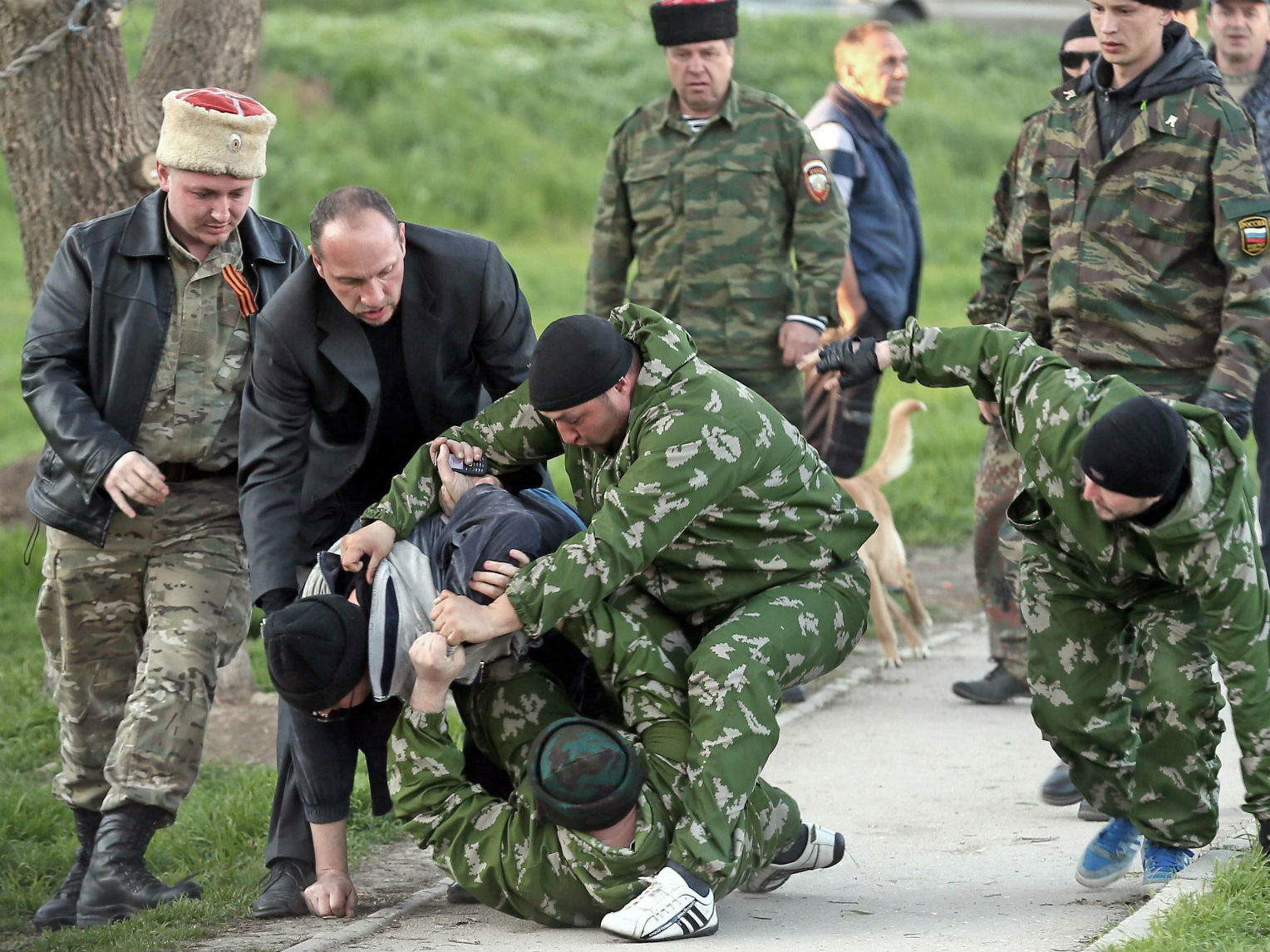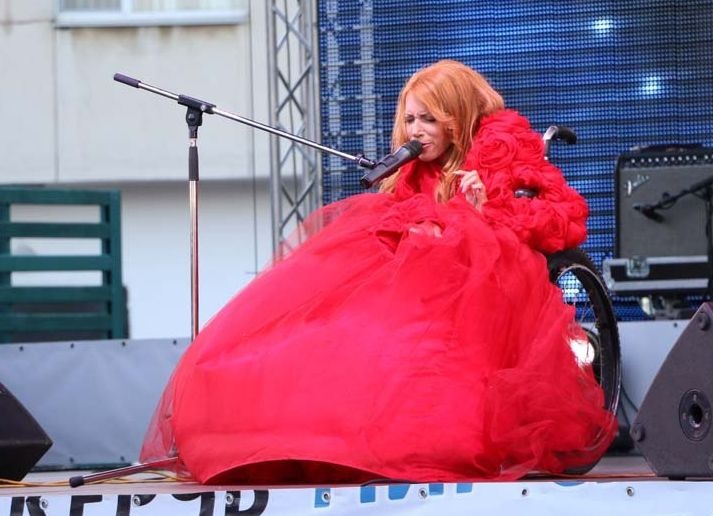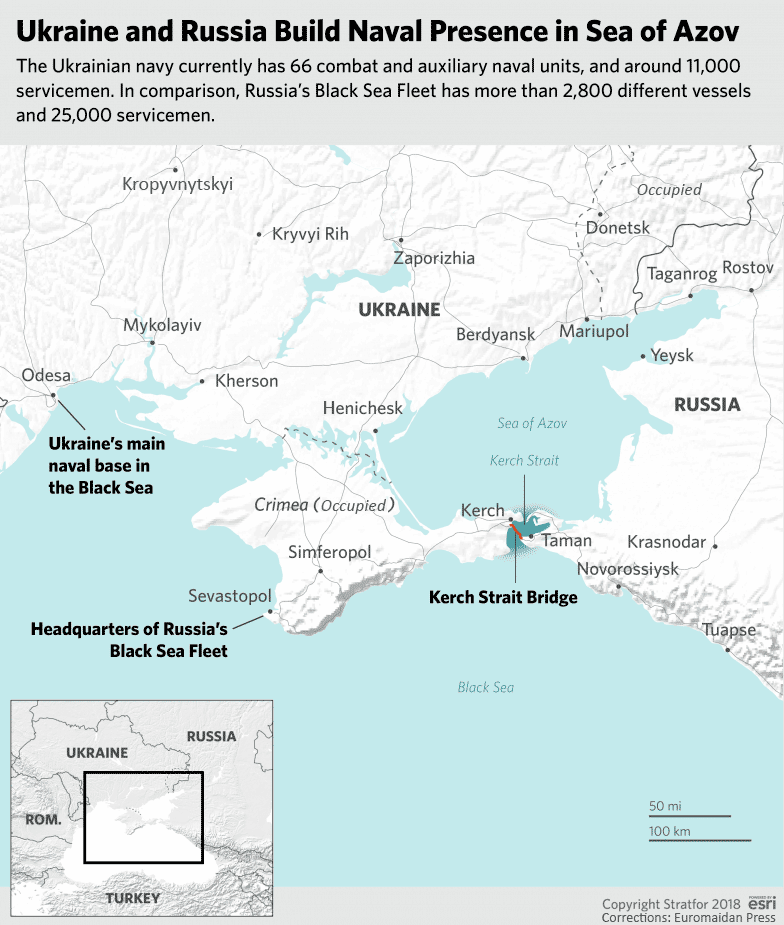Zair Smedlyayev, a Crimean Tatar activist, and Said Ismagilov, the mufti of the Umma Muslim Spiritual Directorate (MSD) of Ukraine, say that Moscow is likely to step up its persecution of Muslim Crimean Tatars not just because they are Crimean Tatars but because they are Muslims.
This reflects, the two of them tell Kseniya Kirillova, a US-based Russian journalist, Moscow’s fear that Islamic organizations it does not control can be a powerful anti-colonial force that could be directed against the Russian occupation of Ukraine’s Crimea.
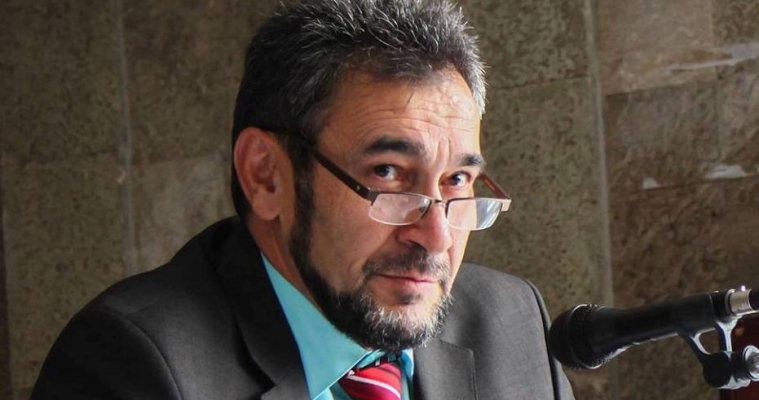
Pointing to the recent rise in Russian special operations against Muslims in Crimea, Smedlyayev argues that three groups of people there are now at greatest risk: observant Muslims especially among the young, Crimean Tatar political leaders, and ordinary residents that the FSB secret police hopes to compel to be witnesses in cases against members of the first and second.
Given Russian Islamophobia, he continues, FSB officers realize that attacking Muslims as such will be popular and be a royal road to further promotions. And they also recognize, he adds, that arresting or harassing family members may be a good way to gain control over other Muslims in the region.
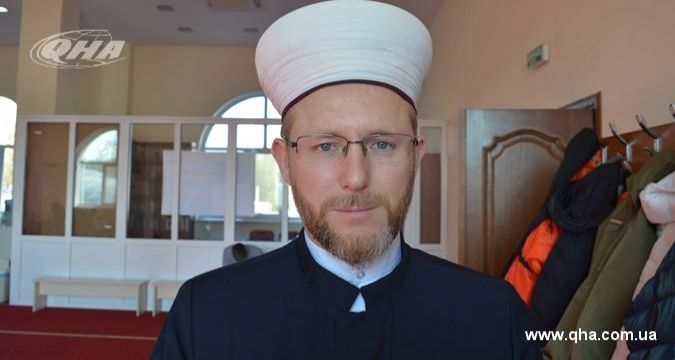
Mufti Ismagilov agrees, but he stresses that these attacks are not simply a means for FSB officers to gain promotion. They reflect an attempt to suppress all “Islamic organizations uncontrolled” by Moscow. Russian fears of such groups are reflected in the enormous list of banned books and the deportation of foreign mullahs from Russia itself.
These longstanding fears were reinforced by the Arab Spring “when Muslim movements inspired the masses to the overthrow of longtime dictators,” the Ukrainian mufti says.
On the one hand, he continues, “the Kremlin is afraid to the point of panic of the potential within Islam; and on the other, it would like to put this force in the service of the dissemination of Russian ideology, on the very same principle that has helped this to occur with the Russian Orthodox Church.”
The Russian rulers, the mufti suggests, “would like to reduce Islam to the level of everyday religiosity and subordinate the entire religious hierarchy, structure, and preaching to the goals of the state.” There is little chance they will succeed with Muslims in occupied Crimea; but they are unfortunately likely to try.
Related:
- Another “terrorist”? Russian FSB kidnaps, tortures Crimean Tatar to obtain false “confession”
- World powers, human rights organizations indignant about Russia’s conviction of Crimean Tatar leader
- Russia’s show trial and sentence against Crimean Tatar leader Chiygoz. What you need to know
- Scandal as Dutch companies help build bridge to occupied Crimea, violating sanctions
- Jailed in occupied Crimea for a Ukrainian flag: the case of Volodymyr Balukh
- Siemens’ Crimea sanctions break – a case of criminal negligence | #SiemensGate
- Political prisoner Zeytullaev: on a hunger strike for all Crimean Tatars oppressed by Russia
- 100,000 Muslims have fled Russian-occupied regions of Ukraine
- Ukrainian Muslims: A history of solidarity




